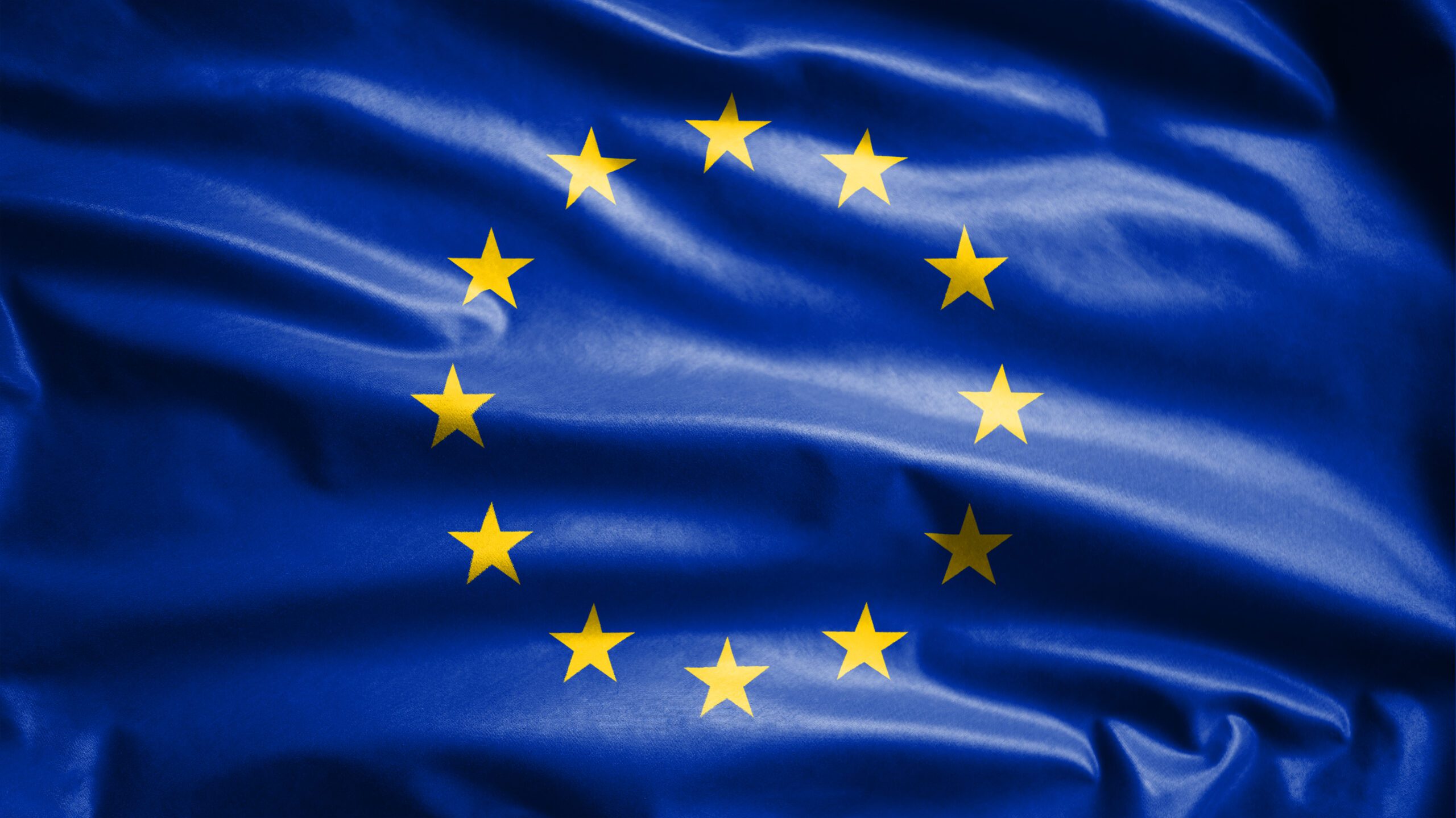
08 Feb 24
By their very nature small and medium-sized enterprises (SMEs) face many resource and cost challenges navigating the regulatory landscape of European Union (EU) medicines legislation and processes. The European Medicines Agency (EMA) has recognised that SMEs are key drivers for innovation in the development of medicines. To support this continuing innovation, the EMA offers assistance in navigating the European requirements and provides attractive financial incentives which adds value to your asset.
Participating in this scheme might be the decisive factor between keeping EU development in concert with your development in other countries or not. As an example, EMA does not always concur with what FDA require. Consequently, seeking advice from both agencies becomes crucial in order to ensure that your development strategies in both regions are discussed and agreed upon. This optimises the potential of your product for approval or investment purposes.
To qualify for SME status, a company must be registered in an EU member state and meet certain criteria, as outlined below. Notably, companies lacking an EU based legal entity (although they are still required to meet the SME status criteria independently) can still benefit from SME support and incentives through the existing SME status of an EU based entity. tranScrip has held SME status for many years and provides this service to numerous non-EU based clients.
The key qualifying requirements are
Please note, linkages to other entities, organisations or individuals are also taken into consideration when assessing eligibility.
Further information on the application process for SME status and the required supporting documentation can be found on the EMA website.
The EMA provides practical support to SMEs throughout the different stages of applying for a centralised marketing authorisation. The EMA also offers support and advice to research-based companies on the development of new medicinal products. This assistance is invaluable for companies whose products must be mandatorily evaluated by the EMA.
The following support is provided to SMEs:
Further information can be found in the EMA’s SME User Guide.
Companies registered as SMEs also benefit from the following financial advantages:
For instance, SMEs are entitled to a 90% discount on fees for Scientific Advice, and this increases to 100% in the case of orphan designated products. It is particularly in pursuing Scientific Advice that companies may keep their development paths in concert with agency discussions happening in other territory blocks. This is key to an optimised route to market.
For a comprehensive list of financial advantages, refer to the EMA webpage
SME status also grants the following advantages to a company:
In conclusion, the EMA recognises the importance of SMEs in the development and marketing of innovative medicines as well as the resource and cost challenges faced by such companies in navigating EU legislation. In providing support to such companies, the EMA is helping potentially life-saving medicines to reach patients. To further highlight the significance of SMEs; nearly 20% of all human medicines recommended for authorisation in 2020, half of which target a rare disease, have been developed by SMEs. In addition, the success rate for SME marketing authorisation applications for human medicines reached 89% in 2020.
For companies developing medicinal products, achieving SME status is an important opportunity to maintain development pathways in concert with other territory blocks, thereby optimising the route to market on a wider global scale.
If you would like to speak to our regulatory team, please contact us
We have teams of life science and R&D experts to help achieve your goals and seize opportunities. Whatever your project requires, we have the people to meet your needs.